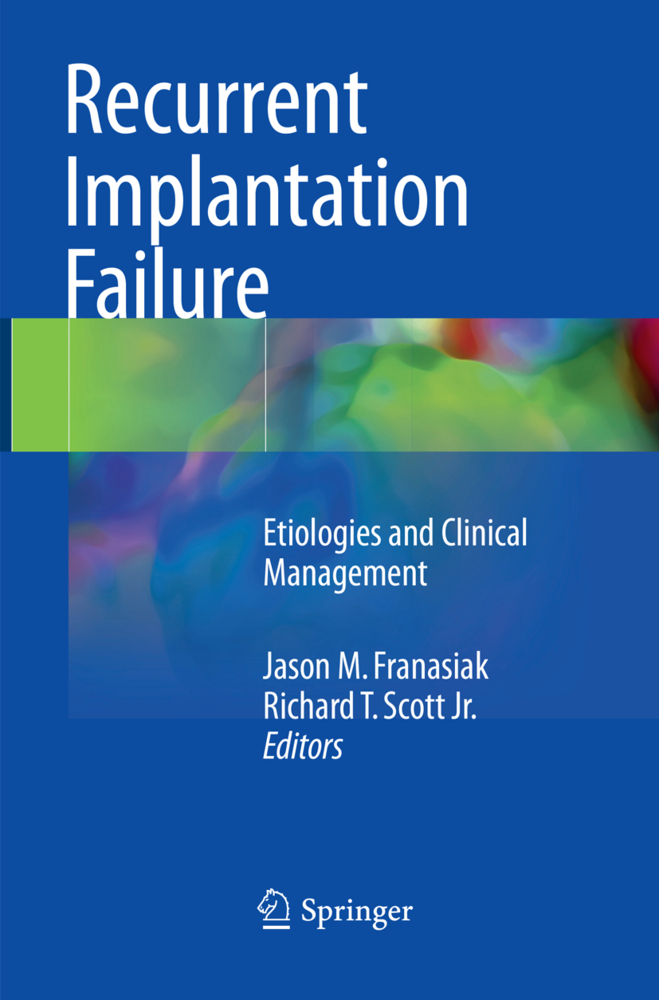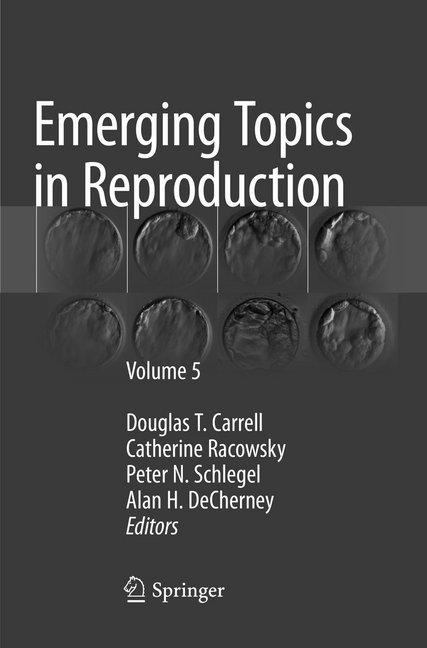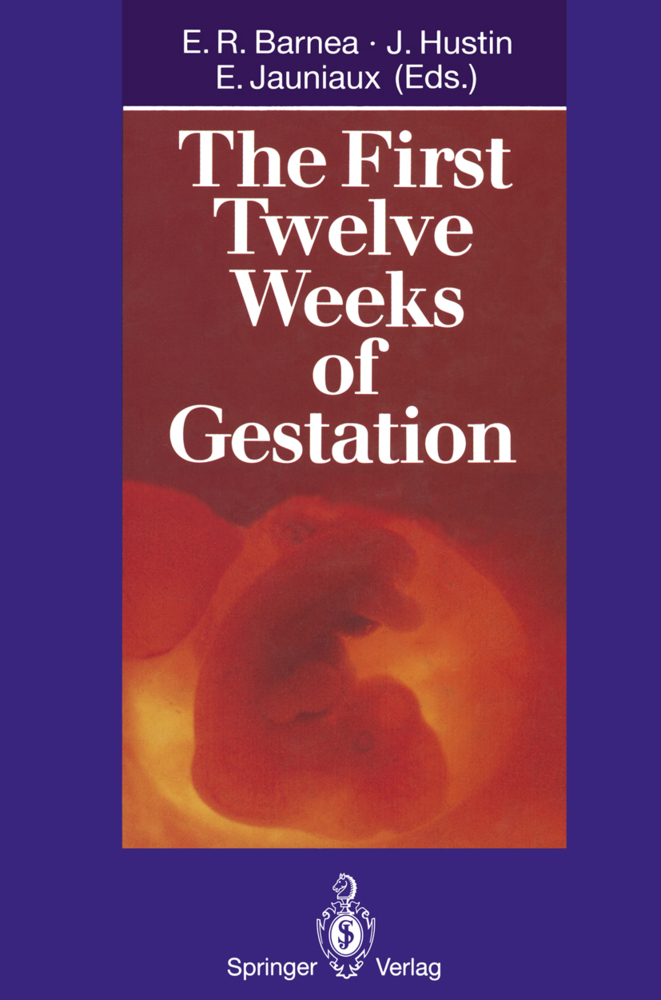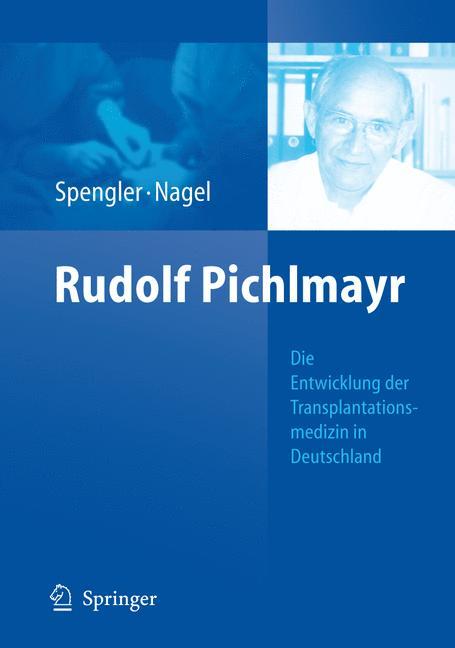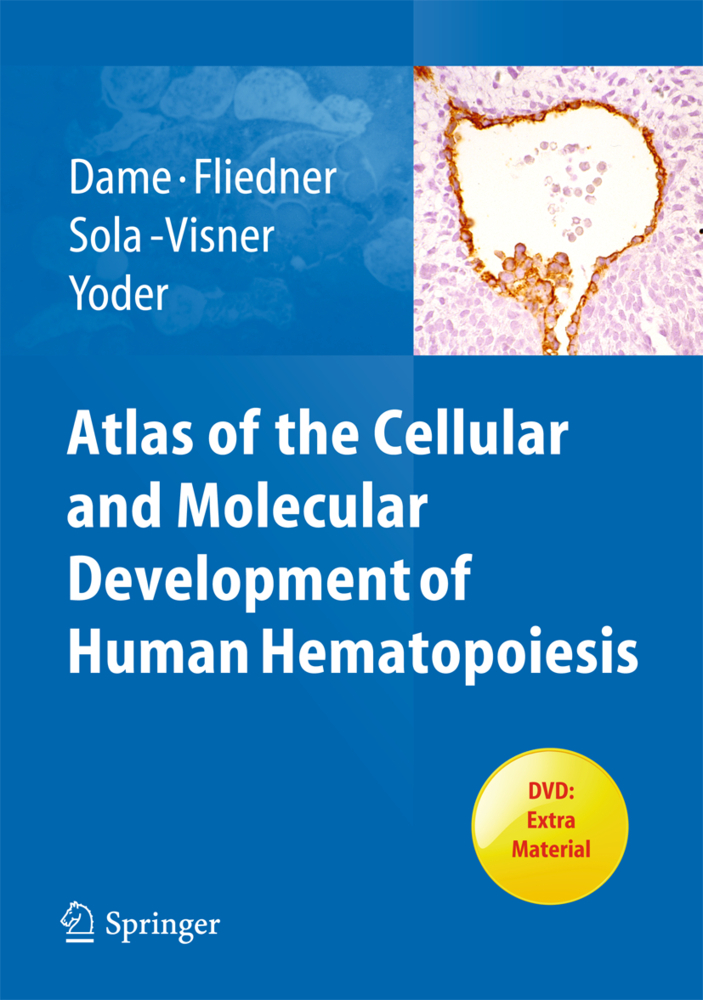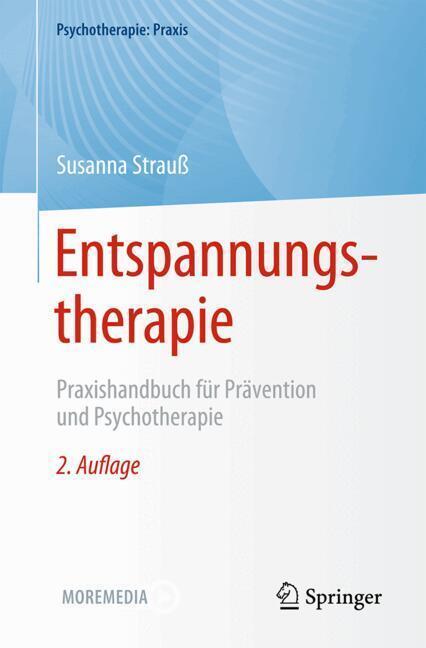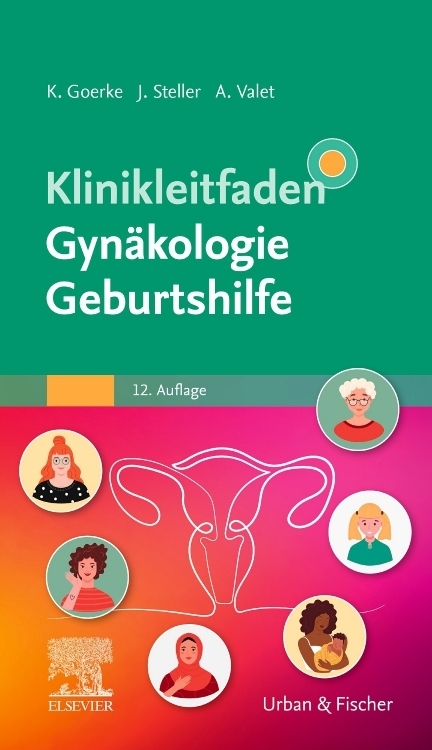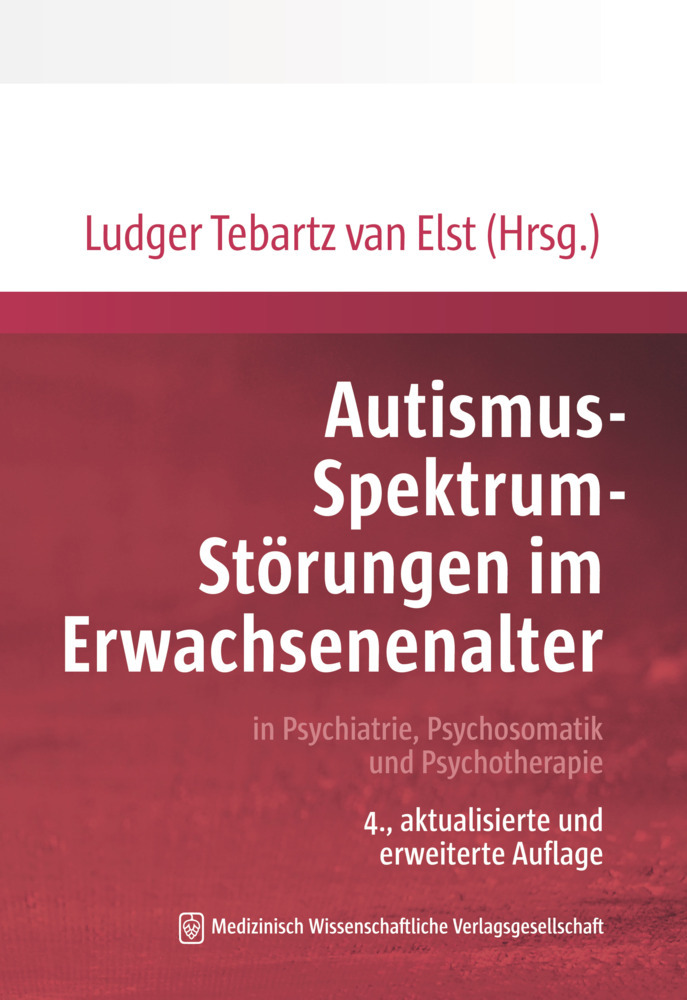Recurrent Implantation Failure
Etiologies and Clinical Management
Recurrent Implantation Failure
Etiologies and Clinical Management
This unique text discusses the wide range of causes and pathophysiologic conditions contributing to recurrent implantation failure (RIF) and the current treatment approaches to best approach this challenging patient population. Beginning with a presentation of the mechanism of normal implantation, the physiologic synchrony between embryo and endometrium, and the roles of both gametes and embryos in RIF, the book then examines the various genetic, immune and environmental factors involved. Abnormalities of the hematologic and endocrine system, as well as those of the anatomy and microbiome, are described in detail. Last but no less important, the psychological stress and treatment of patients experiencing RIF is discussed.
Assisted reproductive technology (ART) success has increased substantially over the past three decades. However, despite these advances, recurrent implantation failure is still a common issue confronting patients and clinicians, and RIF represents one of the greatest challenges in ART and remains a source of frustration and disappointment for patients, clinicians, and researchers involved in the process. Providing an in-depth investigation into the pathophysiology and biological mechanisms of RIF and its clinical management, this will be an excellent resource for reproductive endocrinologists and infertility specialists.
Spermatogenesis: Fertile Ground for Contributing to Recurrent Implantation Failure?- Embryonic Factors Associated with Recurrent Implantation Failure
The Genetics of Pregnancy Failure
Immune Factors in Recurrent Implantation Failure
Stress and Recurrent Implantation Failure
Hematologic Disease in Recurrent Implantation Failure
Endocrine Causes of Recurrent Implantation Failure
Anatomic Abnormalities and Recurrent Implantation Failure
Microbiome in Embryonic Implantation and Recurrent Implantation Failure
Psychosocial Implications of Recurrent Implantation Failure.
Assisted reproductive technology (ART) success has increased substantially over the past three decades. However, despite these advances, recurrent implantation failure is still a common issue confronting patients and clinicians, and RIF represents one of the greatest challenges in ART and remains a source of frustration and disappointment for patients, clinicians, and researchers involved in the process. Providing an in-depth investigation into the pathophysiology and biological mechanisms of RIF and its clinical management, this will be an excellent resource for reproductive endocrinologists and infertility specialists.
Signaling Between Embryo and Endometrium: Normal Implantation
Embryo and Endometrial Synchrony in Implantation FailureSpermatogenesis: Fertile Ground for Contributing to Recurrent Implantation Failure?- Embryonic Factors Associated with Recurrent Implantation Failure
The Genetics of Pregnancy Failure
Immune Factors in Recurrent Implantation Failure
Stress and Recurrent Implantation Failure
Hematologic Disease in Recurrent Implantation Failure
Endocrine Causes of Recurrent Implantation Failure
Anatomic Abnormalities and Recurrent Implantation Failure
Microbiome in Embryonic Implantation and Recurrent Implantation Failure
Psychosocial Implications of Recurrent Implantation Failure.
Franasiak, Jason M.
Scott, Richard T.
| ISBN | 978-3-030-10137-4 |
|---|---|
| Artikelnummer | 9783030101374 |
| Medientyp | Buch |
| Copyrightjahr | 2018 |
| Verlag | Springer, Berlin |
| Umfang | 215 Seiten |
| Abbildungen | XIII, 215 p. 32 illus., 29 illus. in color. |
| Sprache | Englisch |

